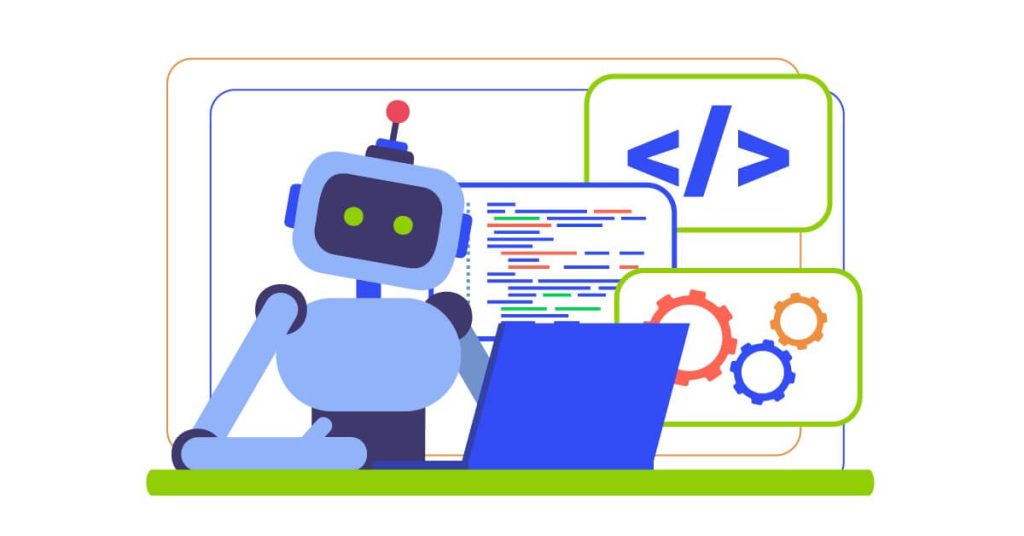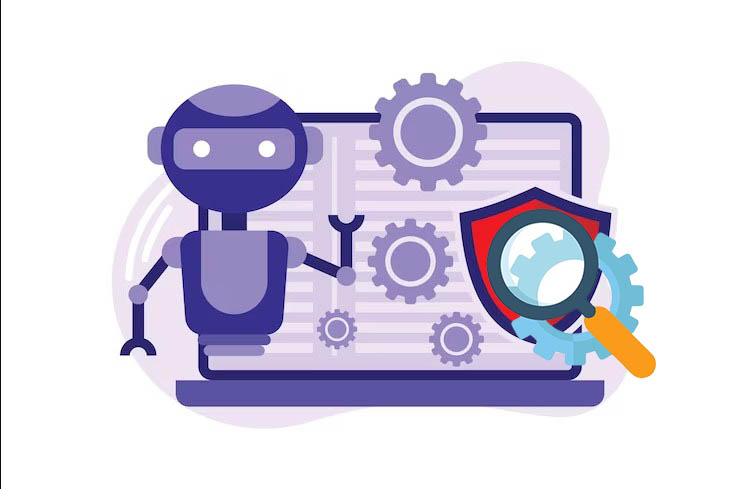Introduction About Usability Testing Tools:
The fast-paced mobile app development reality makes it critical to provide users with an unambiguous and convenient experience, something that can be the landmark difference in the success of any mobile app. User interface becoming an attention-hogging field, it’s the responsibility of the developers to incorporate usability testing tools and features that can assist them in identifying and rectifying problems even before release. For 2025, an excellent mobile app should continue to be on the rise, and due to that, more companies will need sophisticated usability testing tools & solutions. This article offers the top usability testing tools for mobile apps of the 2025 horizon, with a feature highlight from a prominent QA testing services Company in India.
Usability Testing Tools for Mobile Apps:
UXCam:
UXCam provides a wide range of analytics as well as usability testing tools & services, equipping developers to gain an understanding on what shapes user behaviour, and how apps may be thought over and changed.
The main characteristics are heatmaps, visit recordings and user journey analytics which help to obtain specific information for the improvement of user experience is another important advantage of this approach.
UserZoom:
The wealth of data obtained through UserZoom allows to development of and progress of design and development processes. In this regard, it is impossible to overestimate the importance of UserZoom.
Our usability testing tools feature has been made remote which enables developers to gather feedback from the participants who are in different locations and the feedback might be adopted to ensure wide-range inclusivity in app design.
UserTesting:
UserTesting facilitates real-time feedback from actual users with video recordings and surveys and the process of feedback is fast so that iterations and improvements can be made to mobile apps more quickly.
The feature “Picture-in-Picture” allows the researcher to notice how a user utters and when a new emotion appears or magnifies, which leads to a deep dive into the sentiment of the user.
LookBack:
LookBack implements real-time usability testing tools for user testing sessions with actual customers, which means their experience and comments will be captured as they happen during the session.
The qualitative research feature of the focus group such as in-depth interviews and diary studies assist in uncovering user motivations and pain points which will then guide the decision-making for strategic app development.
Testbirds:
Although most of our work lies in crowd testing utilising a broad user base that ensures the testing of apps is under real conditions.
The database “Device Cloud” helps users to obtain real devices for testing, and all of them cover different scenarios that facilitate evaluation in a wide range of environments.
Test Complete Mobile
TestComplete Mobile is a universal mobile app testing tool that covers not only the functional and usability quality of mobile apps but also provides a whole range of other test types.
TestComplete mobile not only automates scriptless testing procedures but also frees will not require developers to write hefty and laborious code, saving them both time and resources.
It provides a means of assuring compatibility with various mobile device models and platforms providing an opportunity to examine applications considering many different versions.
Userlytics:
Userlytics has user testing services where developers can gather feedback and insights from users while these users are browsing the web or using smartphones while in their natural environment.
Tools for task creation and scenario personalizing are the cornerstone of its platform, allowing it to concentrate on a specific portion of consumers and focus on their particular characteristics.
Being a part of the Userlytics’ full package, this platform provides advanced analytic and report generation functions as well as avails the features that help developers interpret and visualize gathered results effectively.
Testlio:
The Testlio utilizes a strategy in which a machine learning (ML) platform coaches humanised testing. This delivers high-quality usability testing tools for mobile app services The answer is As a marketer, it is essential to understand the changing preferences and behaviours of consumers.
Its professional testers from all over the world will help to cover more variants of feedback and gaming perspectives, allowing software designers to pinpoint possibilities of usability and difficulty escalation in different user groups.
Testlio has a platform that shows everyday use with the central development tools while easily enjoying the testing process that leads to continuous feedback.
PlaybookUX:
Usability testing through playbooks is PlaybookUX’s specialty in its qualitative data collection aiming to provide user video-based feedback while mobile apps are being used.
The platform maintains affordance by developers to design their own test scripts and tasks, which are, in turn, used for deeper exploration of user behaviour and interests.
In addition to its own infrastructure for setting up tests, PlaybookUX links users to an exclusive board of intended participants so that the tests can be run with a relevant user group.
Instabug:
Instabug delivers instant in-app analytics and bugreporting usability testing tools which in turn allow developers to collect insights from users in real-time.
The camera and screen recording capabilities inside the application enable its users to see what bug they actually encountered and send specific screenshots to the developers immediately so that the developers understand the problem and resolve it quickly.
The players from its global community of testers who fight on different maps and speak different languages will push the developers to identify usability issues early in the development cycle.
Applause:
The Applause makes crowd usability testing tools for mobile and Managed testing possible in addition to Self-service testing which can be customized depending on developers ‘ needs.
There are different usability A/B testing tools for mobile apps available for developers with a wide range of features and capabilities that intend to see that the delivered apps give the users an amazing experience. By using the above-mentioned tools, developers are able to pick the problems with usability, collect valuable data from real customers, and get built-in satisfied people through iterative development.
Read: Key Benefits of Shift-Left Testing in Agile Development
QA Testing Services Company is helping from India
Hapleaf:
The advantage that makes Hapleaf stand out is the fact that it simultaneously has a global reach and still has its India office as a base of operations where it provides world-class software testing services.
The Hapleaf performing accessibility testing guarantees that software applications are conforming to usage standards of the disabled from an industry standpoint, hence ensuring inclusivity and positive user experience.
Diversity of Testing Services:
Indian QA testing services providers offer a broad variety of testing services among which there are functional testing, performance testing, Mobile app security testing, usability testing, localization testing, in fact, and many others.
The services they provide are designed to correspond with the different needs of their customers coming from various industries and after thorough testing and validation, the software and applications are recognised as quality-ready ones.
Specialisation in Industry Verticals:
To make the service of several testing QA companies in India tailored for certain branches of industry they often provide services to healthcare, finance, e-commerce, game entertainment, etc.
Their domain practice which is the industry expert enables them to understand the unusual needs and challenges of each industry where they perform an industry standard and regulation testing solutions that are tailored to the industry.
Adoption of Agile and DevOps Practices
The addition of Agile and DevOps techniques by Indian QA testing service companies is noticed now more than ever to inevitably reduce the duration of the testing process and to enhance collaboration within the development and testing teams.
Agile practices are put to good use here, by implementing Scrum and Kanban as methods of segregation in which testing procedures have a higher priority and are changed according to evolving requirements. The objective remains the delivery of software products with the best quality in a shorter time.
Emphasis on Automation Testing:
With Automation Testing being a primary focus field for the QA testing service companies in India, the test efficiency is met, and it also brings the reduction of time-to-market and test coverage.
They utilizing a set of automation testing tools and frameworks like Selenium, Appium, Test Complete, and others to automate usability testing tools test cases that are repetitive and regression and regression testing tasks.
Investment in Training and Skill Development:
QA testing services companies in India are rooted in recruiting and upskilling the employee base consistently to keep abreast with the top technologies.
They support training, certifications, and workshops for their testing professionals throughout their period of employment and their role which in turn, allows the professionals to gain the required expertise to provide quality testing services.
Global Delivery Model:
It is now common to see the term “offshore” when talking about software testing services in India that provide their clients with software services from different countries through offshore, onshore, and nearshore delivery centers.
The worldwide presence enables them to offer round or continuous support, hassle-free communication and budget-friendly services to customers in different zones of the world.
Commitment to Quality and Customer Satisfaction:
India-based Quality Assurance and Testing Services companies are thoughtful and steadfast in assuring that they deliver quality testing services beyond all expectations of their customers.
This allows for greater collaboration of the testers on both sides while also emphasizing on transparency, open communication and common understanding between the client and contractors during the testing engagement process.
Completely, the QA testing service companies in India are key players in the process of software applications’ quality and reliability, being responsible and contributing to the companies’ success around the globe.
Conclusion
Now that the usability testing tools for mobile application market essentially keeps growing, the relevance of usability testing should not be questioned as soon as possible. Leveraging the top usability testing tools and services in 2025, developers can refine their apps to meet user expectations and stay ahead of the competition. Additionally, partnering with a reputable QA testing services company like Hapleaf can further enhance the quality and accessibility of usability testing tools for mobile apps, ultimately driving user satisfaction and success in the dynamic landscape of mobile app development.



